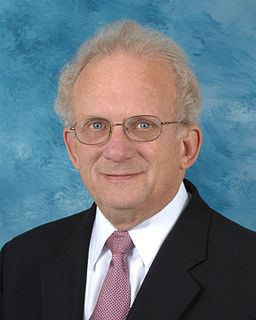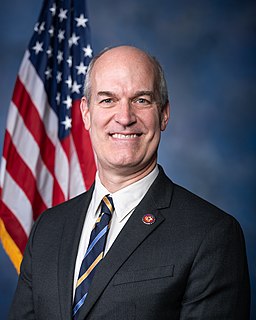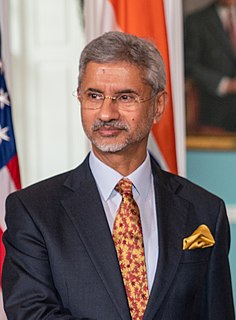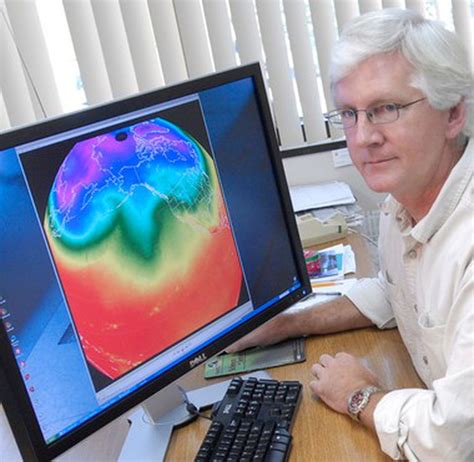A Quote by William J. Clinton
At the same time, old confrontations have taken on frightening urgency, especially the India-Pakistan conflict over Kashmir and the violent stalemate in the Middle East. Progress on these and other global challenges requires us to develop a larger strategy for American foreign policy, rooted in a fundamental commitment to move the world from interdependence to an integrated global community committed to peace and prosperity, freedom and security.
Quote Topics
American
American Foreign Policy
Challenges
Commitment
Committed
Community
Conflict
Develop
East
Foreign
Foreign Policy
Freedom
Frightening
Fundamental
Global
Global Community
India
Integrated
Interdependence
Kashmir
Larger
Middle
Middle East
Move
Old
Other
Over
Pakistan
Peace
Policy
Progress
Prosperity
Requires
Rooted
Same
Same Time
Security
Stalemate
Strategy
Taken
Time
Urgency
Us
Violent
World
Related Quotes
In an age of interdependence, global citizenship - based on trust and sense of shared responsibility - is a crucial pillar of progress. At a time when more than one billion people are denied the very minimum requirements of human dignity, business cannot afford to be seen as the problem. Rather, it must work with governments and all other actors in society to mobilize global science, technology and knowledge to tackle the interlocking crises of hunger, disease, environmental degradation and conflict that are holding back the developing world.
Over the past eight years, the United States has worked hard to deepen partnerships across the region and across South-east Asia in particular. We're now a part of the East Asia Summit and we have a strategic partnership with Asean. At the US-Asean Leaders Summit I hosted earlier this year in Sunnylands, California, we agreed to a set of principles that will shape the future peace and prosperity of the region, from promoting innovation and furthering economic integration to addressing transnational challenges like global health security and climate change.
India is a country that has no direct interests in some areas of global conflict. It has very good relations with countries in conflict or countries facing difficult security situations, and I believe Indian diplomacy is very well received. India is a bridge-builder, an honest broker, and a messenger of peace.
The thing that should most concern us is a shift in American foreign policy. We have had a bipartisan belief in American foreign policy based on the post-World War II institutions that believed in democratic global world, which Russia and the Soviet Union was often seen as hostile to. And most Republicans and Democrats have always basically believed in this world order. Donald Trump and Vladimir Putin and maybe Marine Le Pen do not agree with this basic structure of the world.
We need to move forward, from the common currency to the banking union to a common financial policy and, in the middle-term, to a common foreign and security policy. That will take time, because we need to figure out how to deal with those countries that don't always want a more tightly integrated European Union.
Oil is a tangible commodity, so there is a global market. The fact that we may need less may affect the global price because we're big consumers: we probably take about a quarter of global demand. But if suddenly, let's just use a crazy example, fighting in the Middle East led to the closure of the Strait of Hormuz and no oil could get out through the Strait of Hormuz, well that would affect China, India, Europe, it will affect the whole global economy. It will affect us, too, then.
It is well known that strong to violent tornado activity in the US has decreased markedly since statistics began in the 1950s, which has also been a period of average warming. So, if anything, global warming causes FEWER tornado outbreaks...not more. In other words, more violent tornados would, if anything, be a sign of 'global cooling,' not 'global warming.'
































